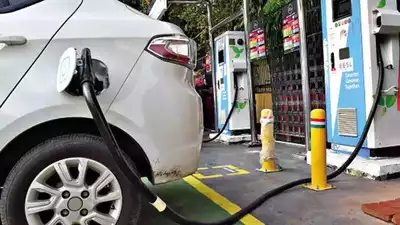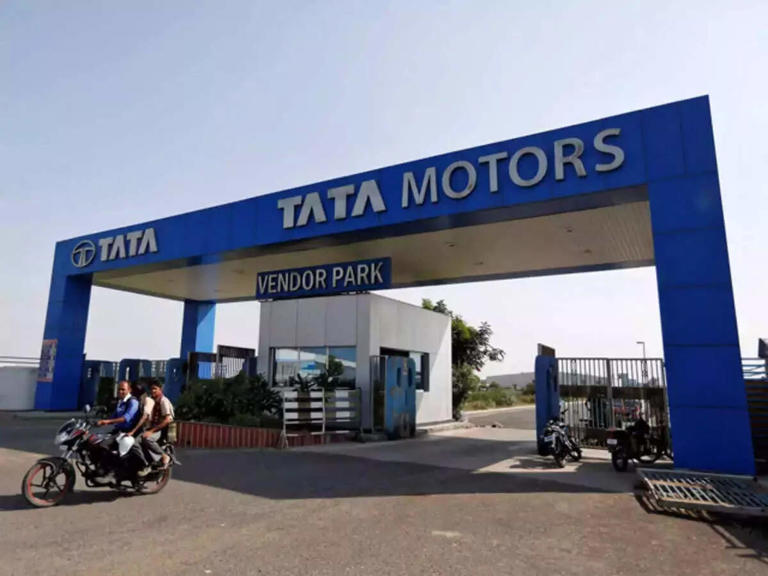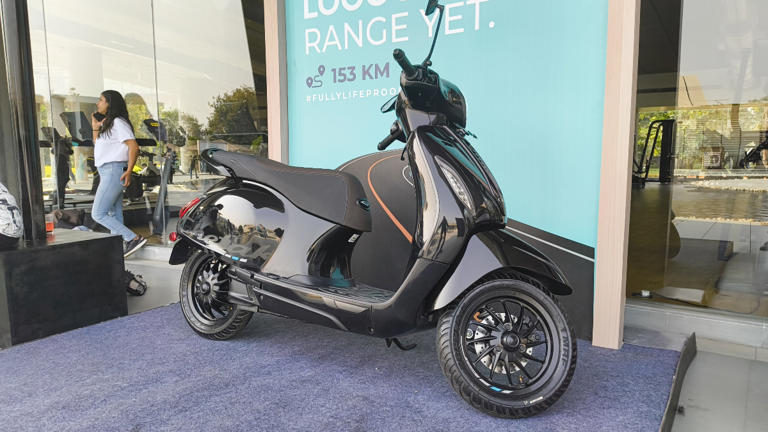To tackle rising air pollution, the Delhi government has introduced an updated electric vehicle (EV) policy, targeting 95% of new vehicle registrations to be EVs by 2027. This marks a significant jump from the earlier goal of 25% by 2024. The policy also includes a phased transition from CNG-powered commercial vehicles, such as auto rickshaws, taxis, and light commercial transport, to electric alternatives.
Key Highlights of EV Policy 2.0
- 95% of new vehicle registrations to be EVs by 2027
- Gradual phase-out of CNG commercial vehicles in favor of EVs
- 90% of CNG public buses to be replaced by year-end

Source : Internet
Slated for implementation in April 2025, the revised policy aims to accelerate EV adoption and position Delhi as a leader in sustainable mobility. It will replace the 2020 EV policy, which initially set a 25% adoption goal by 2024. While this target was not fully met, by late 2024, around 20% of new vehicle registrations were EVs, aided by government incentives, tax exemptions, and awareness campaigns like Switch Delhi.
With this momentum, Delhi’s EV Policy 2.0 plans to further increase adoption rates. As of early 2025, over 3 lakh EVs are registered in the city, supported by 4,793 charging stations. The new policy aims to expand this infrastructure to 18,000 charging points by 2026. This will be achieved by mandating EV charging stations in new buildings and offering subsidies for private charging setups. Additionally, the plan includes fast-charging corridors along major roads.
A significant focus of the policy is reducing emissions from commercial vehicles, which are among the leading contributors to air pollution in Delhi. To address this, the city’s fleet of electric public transport buses will increase from 2,000 to 8,000 by 2026. Furthermore, 90% of CNG-powered buses are expected to be replaced by the end of 2025.
Beyond buses, the transition will also include other commercial CNG vehicles like taxis, auto rickshaws, and small cargo carriers. The policy encourages this shift by offering purchase incentives for two- and three-wheeler EVs, which play a crucial role in Delhi’s transport system.
Details regarding private vehicle owners are yet to be clarified, with more information expected closer to the April 2025 rollout. However, this policy is expected to provide a much-needed boost to the EV market, which has recently experienced a slowdown. While companies like Suzuki Motors have scaled back their EV plans, major domestic manufacturers such as Tata Motors and Mahindra, along with global brands like Tesla, stand to benefit from the expected increase in demand.
With the Delhi government’s strong push toward electrification, the city’s transport landscape is set for a major transformation, helping address air quality concerns and promoting cleaner mobility solutions.




